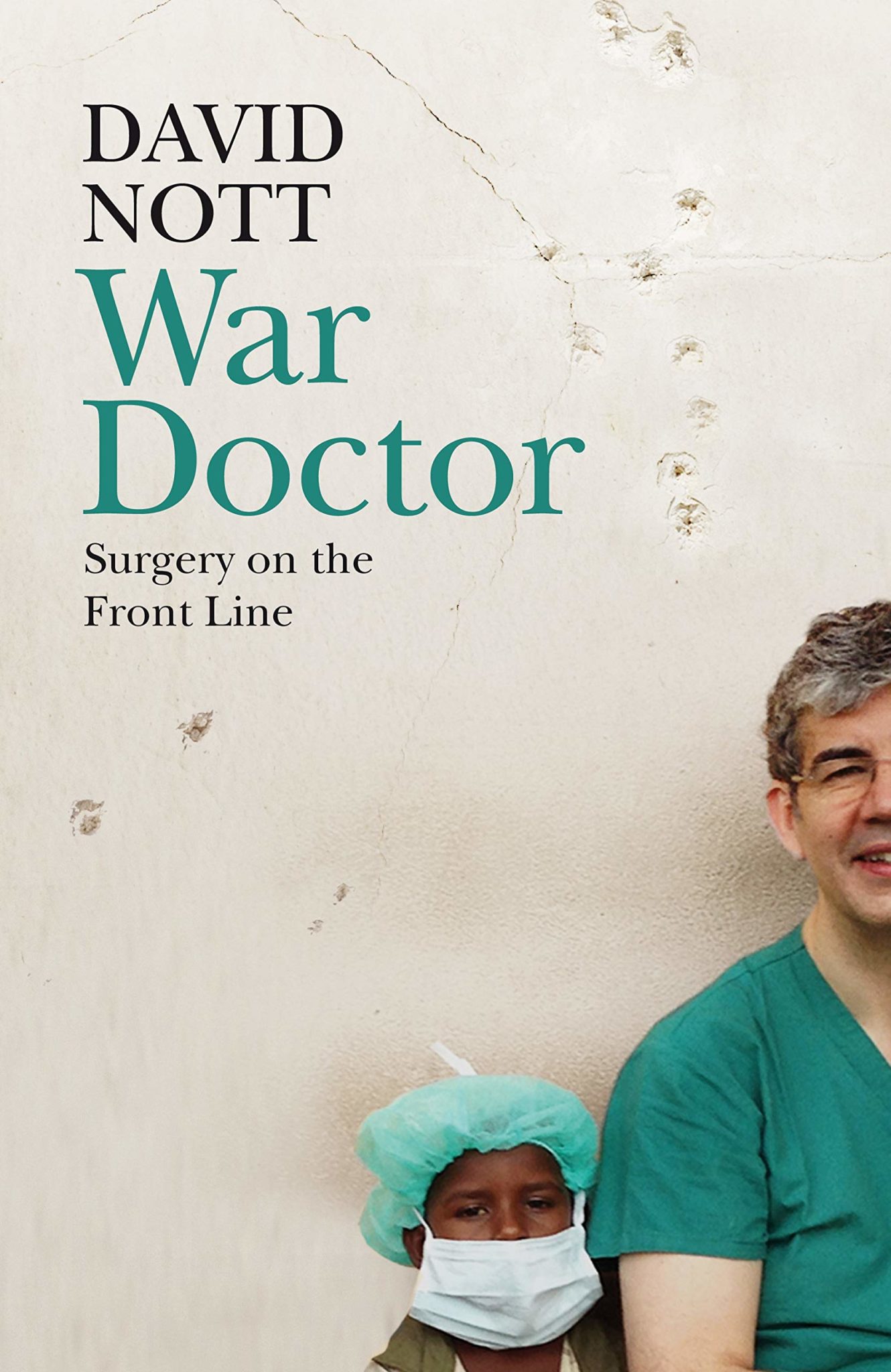Third Sunday before Advent: Isaiah 35: 1-10, James 5:7-10 and Matthew 11:2-11
We could begin today with reference to ballot boxes and glitter balls: of votes cast for parliamentarians or celebrities on Strictly.
But instead, let us go to a burial ground just three miles from here at Hampstead Parish Church,. There we will find a grave bearing the inscription ‘here lies H Stuart Moore… and his wife Evelyn’.
Then in brackets, we read ‘daughter of Sir Arthur Underhill’.
This woman, remembered her as wife and daughter, is actually known to us Evelyn Underhill: Christian, scholar and spiritual guide.
In the midst of the upheavals of the early twentieth-century, she was a prolific and influential writer, broadcaster and retreat conductor. Her quest for God led her to communicate - in ‘plain and untechnical language’ - how mean and women might participate in and experience the love extended by God to every human being.
In a little book on the Lord’s Prayer, she wrote this: ‘Christ announced the one and only purpose of His ministry to be the bringing in of the Kingdom of God; by the quiet action of a flawless love giving back to our lost tormented planet its place in the orchestra of heaven’.
That is an extraordinary and powerful vision: it is a vision which takes us to the very heart of the readings we have heard today.
It is a vision which acknowledges the a deeper reality than that which we glimpse in news paper headlines and Twitter feeds.
It is a vision which invites us to embrace with she calls ‘the wide-spreading love transfiguring the whole texture of life’.
It is a vision which makes reality and hope more real.
In the midst of political upheaval and personal anxieties; in the midst of the creativity and joy, untidiness and complexity of our lives; in the midst of the uncertainty of life and the certainty of death: we are called to prepare the highway for such a kingdom.
Today we recall one who did indeed prepare such a way. John the Baptist appears in the wilderness as a disruptive and unsettling voice; his dress is strange; his diet unappetising. And yet people folk to him to hear a message of judgement and hope.
In preparing the way, he points beyond himself.
In preparing the way, he extends an invitation to place god at the centre of our lives.
But the John we encounter in today is not the solitary yet charismatic figure proclaiming his message in the open spaces of the desert.
The John we encounter today is a voice crying out from the confined space of a prison cell.
His witness cost him his liberty because King Herod would not tolerate John’s sharp critique of his abuse of power in personal and public life.
Imprisonment may have silenced his voice but it has not quenched his hope.
He speaks out of his curiosity and longing, isolation and expectation.
Are you the one? he asks, or must I wait patiently for another.
Jesus' response is ambiguous. He doesn't say 'yes' or 'no'.
Instead he sends John's disciples back with stories. He asks them to report to John about all that they have seen and heard.
John has to work at making the connections and piece things together.
As Underhill also acknowledged: we aren’t given definitions or policies for the kingdom. Instead we are given pictures and stories.
What John hears, are words the prophet Isaiah being fulfilled.
Jesus turns hope into reality.
He invites us to see beyond the signs to embrace a time of renewal.
He points to sight and hearing; to movement and life; to the power of the good news to liberate.
Sitting alone and in darkness, John hears that hope and wholeness is being poured out on those who are troubled, broken hearted and marginalised.
The very Kingdom he had made space for, is breaking in.
Today, some of us may feel that, like John: either that we are sitting a dark place; feeling fearful and despondent; or feeling that we are still waiting patiently for renewal; or indeed sensing a glimpse of new possibilities.
Wherever we find ourselves on that spectrum, we are all challenged to hold on to the vision of God’s Kingdom: committing ourselves courageously to bringing hope to others; showing determination in speaking out for compassion and justice; holding power to account and strengthing networks of friendship in out communities.
Isaiah’s words were written at a time of exile - when God’s people were far from home, literally and spiritually.
In that place of uncertainty, the prophet speaks of God’s faithfulness. God will strengthen hearts and minds, hands and knees when we are weary and fearful.
As we draw on this strength we are to seek to reach out to the weary and fearful.
As Underhill puts it: ‘to look with real desire for the coming of the Kingdom means crossing over to God’s side; dedicating our powers, whatever they may be, to the triumph of His purpose’.
We are to dedicate our time, money and position to the service of this kingdom. This is a call to distinctiveness - rooted in prayer and flowing out in active service. It might be the call to advocacy for the weak or the call of accountability to the powerful.
As Jesus acknowledges that people didn't flock to the wilderness to see the expected - reeds blowing in the wind; a person blending into the background. Nor did they flock to someone robed in finery and the trappings of this world. Rather they found someone who had a consistent character. Someone full of conviction; someone utterly committed to the ways of God.
John looks forwards to the fulfilment of God's kingdom, embodied and given meaning by Jesus. We too are called to be people who speak and act for freedom and justice; for a world made whole; never ceasing to speak out for what is true; naming all that devalues and exploits; and pointing to another way. This is a commitment to radical reform; reform which is rooted in the work of the Holy Spirit in us.
Isaiah gives us a remarkable range of images for this kingdom: parched desert land becomes fruitful; blossoms appear with abundance and there is joy and singing; the glory and majesty of earthy dominions pale in significance with the glory and majesty of God's reign.
We hear words of comfort and courage to those who are weak and fearful; we are assured of God's faithfulness to us. God is not indifferent to our human cries - but his recompense is transformative. Jesus identifies himself as the one who brings healing and salvation by echoing Isaiah's expression of hope.
Underhill is under no illusion that a programme which challenges oppression and inequality demands much of us: such faith and hope and charity and much courage too.
Elsewhere in James’ letter, he places emphasis on works of justice and charity as the fruit of faith; he also condemns a culture of deference to the rich and powerful. He also advises the church to be prepared to watch and wait. This is not a call to indifference; but it does give us a fresh perspective on time. In the current age, we are to seek justice in awareness that God will come in glory to bring judgement.
The one who comes to be our judge is the one who has taken flesh of our flesh. Here at the Eucharist God’s Spirit is poured out on ordinary bread and wine, things of sustenance and joy; they become Christ's body and blood; and we who extend our hands to receive them become God's people.
Underhill describes the Eucharist as ‘the crest of a great wave; a total sacramental disclosure of the dealings of the Transcendent God’ with human beings. It is the crest of a wave, as the culmination of the meals Jesus shared and the food he gave; as he makes himself known in broken bread.
But waves break and burst out along the shoreline. We who share this bread are to be that wave giving concrete and social expression to the vision of God’s Kingdom we glimpse each Eucharist. When the mass is ended, let us go to seek justice with mercy; hope with realism; joy with friendship; generosity with responsibility. Amen.
© Julie Gittoes 2019









_-_WGA19085.jpg)
.jpg)




